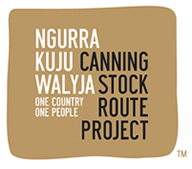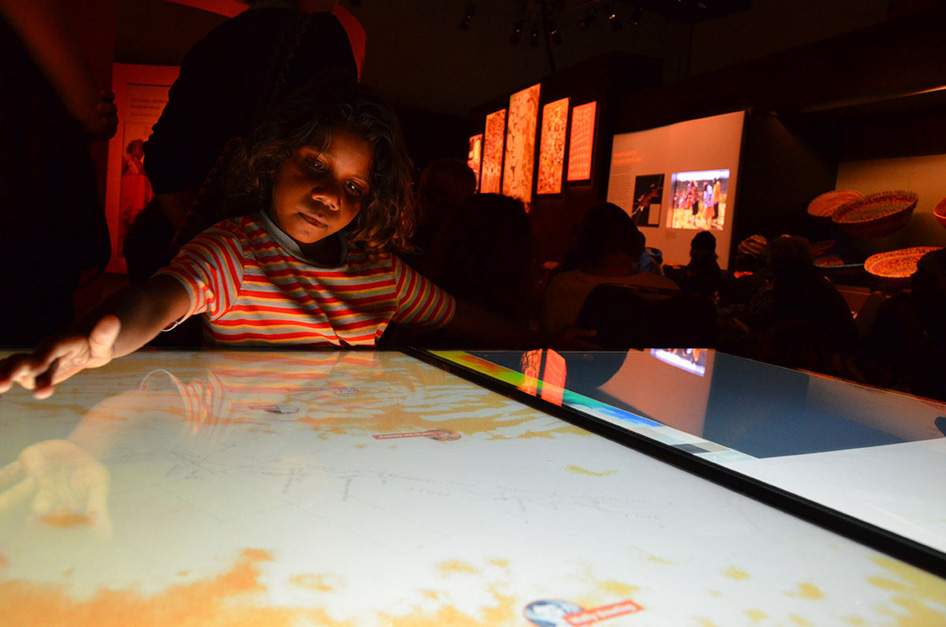Digital Futures Overview
Since the early days of the Canning Stock Route Project FORM has been committed to returning the content gathered over the life of the Project to participating communities. As the Project has grown, its content and scope has also expanded exponentially and along with it the need to devise an innovative and sustainable digital solution for the repatriation of the 40,000 content items to 17 remote Aboriginal communities across the Western Desert.
Aboriginal people are historically amongst the most researched peoples in the world, yet their cultural knowledge has been consistently removed by outsiders and deposited in far away institutions. Although safe in these locations these materials are often extremely difficult for Aboriginal communities to locate and access, and their removal continues to impact the transmission of cultural knowledge between generations.
The Canning Stock Route Project set out to redress this practise through Digital Futures, a digital access initiative allowing the Project’s intangible cultural heritage materials to be used, shared, viewed and enjoyed in communities via an online portal that would also allow participants to download hi res content with additional hard drive back up in each of the communities. Mira Canning Stock Route Project Archive is the heart of Digital Futures and has been developed by FORM in partnership with the Center for Digital Archaeology (CoDA) at UC Berkeley. Mira, which means ‘to bring something hidden into the light’ in Martu Wangka will not only provide remote community access but also broad public access to a vast amount of the Project’s content in accordance with cultural protocols established by Aboriginal contributors and communities.
The other aspect of Digital Futures is the One Road: Canning Stock Route app, which repurposes the content and interactive experience of the internationally award-winning One Road multimedia display for iOS and web.


